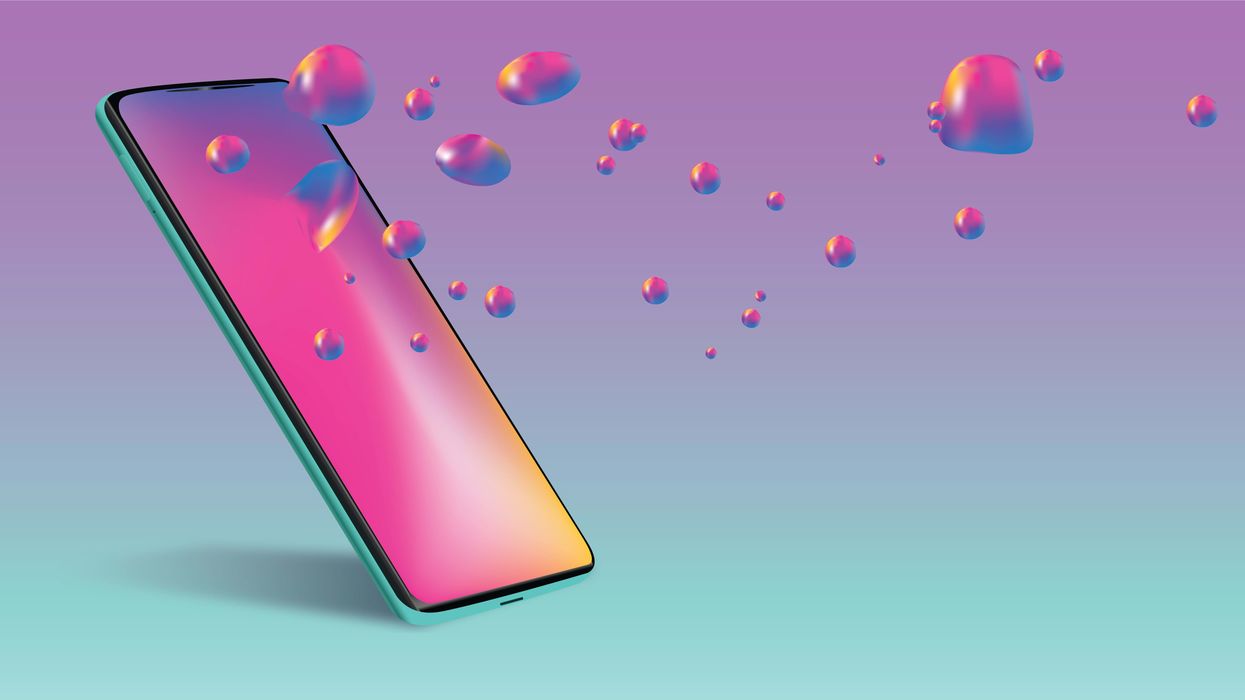The state of Maryland has passed a bill that will allow state funding to provide “cost free” access to psychedelics, such as psilocybin, ketamine, and MDMA for military veterans suffering from traumatic brain injury and post-traumatic stress disorder (PTSD).
Essentially, the measure will establish the Post-Traumatic Stress Disorder and Traumatic Brain Injury Alternative Therapies Fund. The way the bill works is the money from the fund must be allocated specifically for the study of using psychedelics as an alternative therapy for qualifying veterans.
Instead of signing the bill into law or vetoing it, Gov. Larry Hogan, announced on the 27th of May that he will allow this bill to take effect without his signature.
According to Marijuana Moment, the bill also proposes an annual budget of $1 million for the PTSD fund starting in the fiscal year 2024.
Now that the bill was unanimously approved through both chambers of the state legislature, the Department of Health will have to send a report of initial findings and recommendations to the governor and legislation by December 1, 2022. Two years following that date, they must share any recommendations and findings extrapolated from the PTSD fund studies.
To keep the funding, Maryland’s Department of Health will have to regularly check in with organizations like the Department of Veterans Affairs, Walter Reed National Military Medical Center, Sheppard Pratt hospital, the University of Maryland, and John Hopkins University.
The check ins are to show the effectiveness of using psychedelics as a holistic therapy option for treating veterans with traumatic brain injuries and PTSD.
Maryland Isn’t the Only State Eyeing Reform for Psychedelics
As of right now, Maryland is only one of many states considering new legislation around psychedelics.
States such as Colorado, Connecticut, Oregon, Missouri, Maine, and Utah currently have bills signed or working towards getting signed that would legalize the therapeutic use of psychedelics, like psilocybin.
Pennsylvania, Oklahoma, Hawaii, Washington, and Georgia are putting funding behind research of using psilocybin as holistic medicine.
Then there are states like New Hampshire, Virginia, Rhode Island, and Oklahoma that have passed bills or are in the process of creating bills to decriminalize psychedelics.
Need a little more Bluntness in your life? Subscribe for our newsletter to stay in the loop.
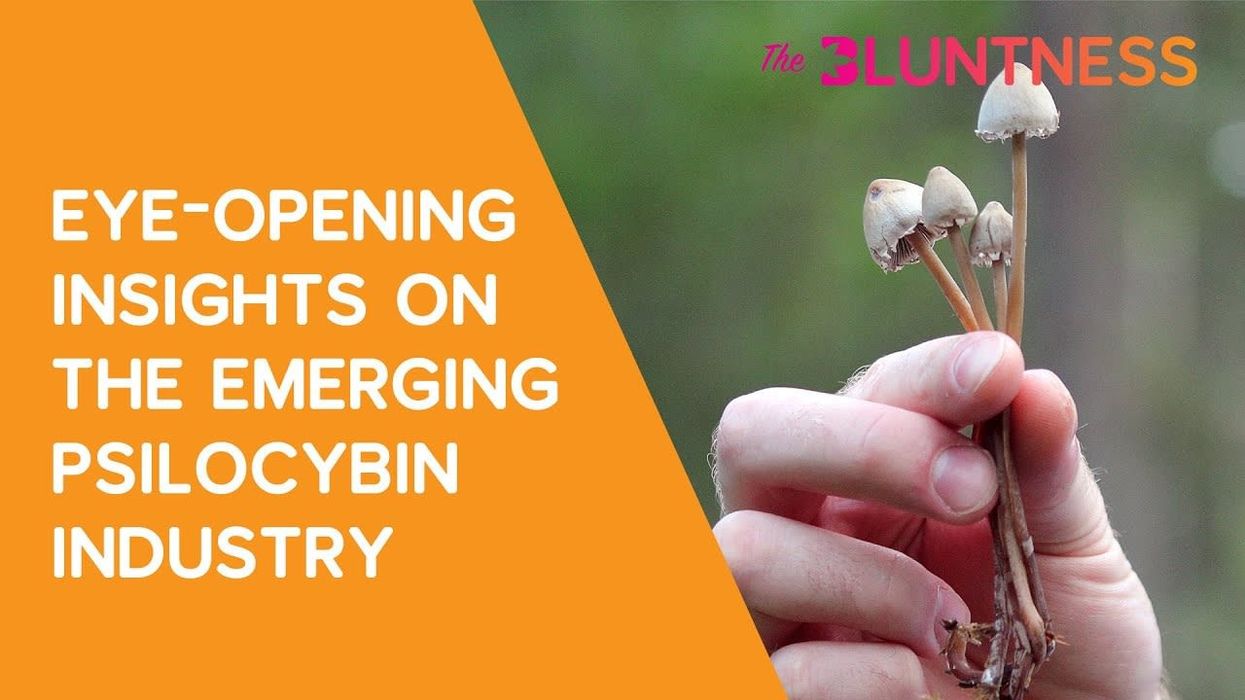

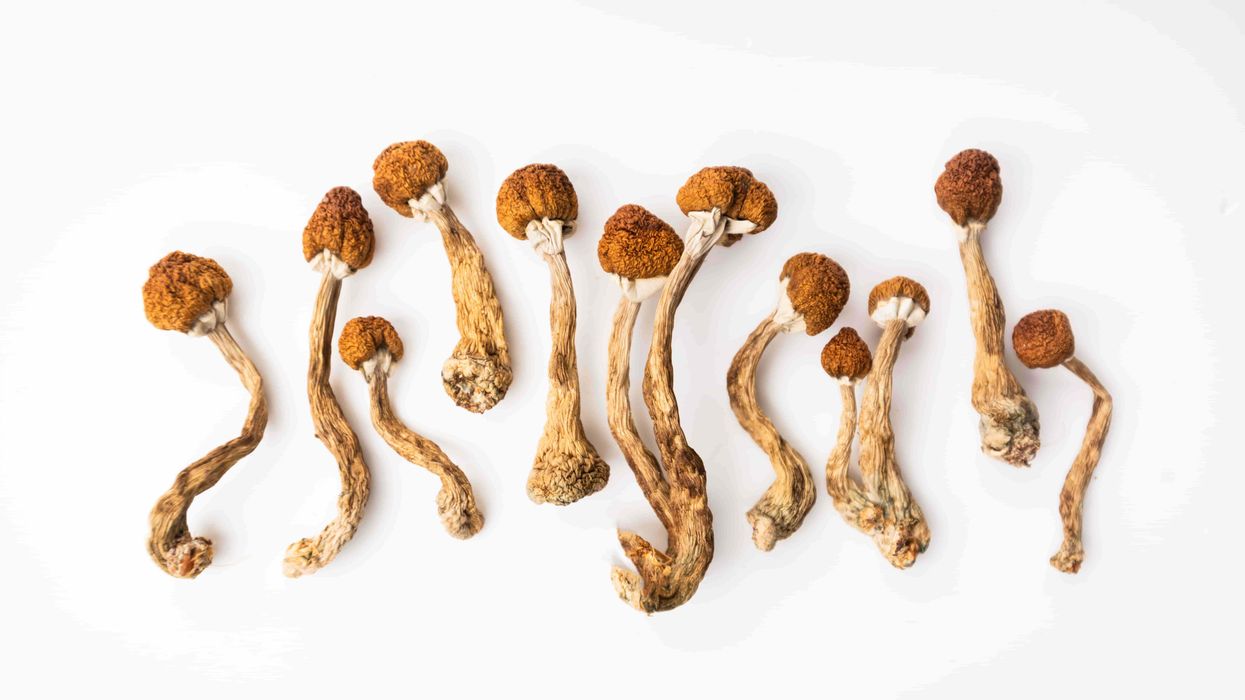
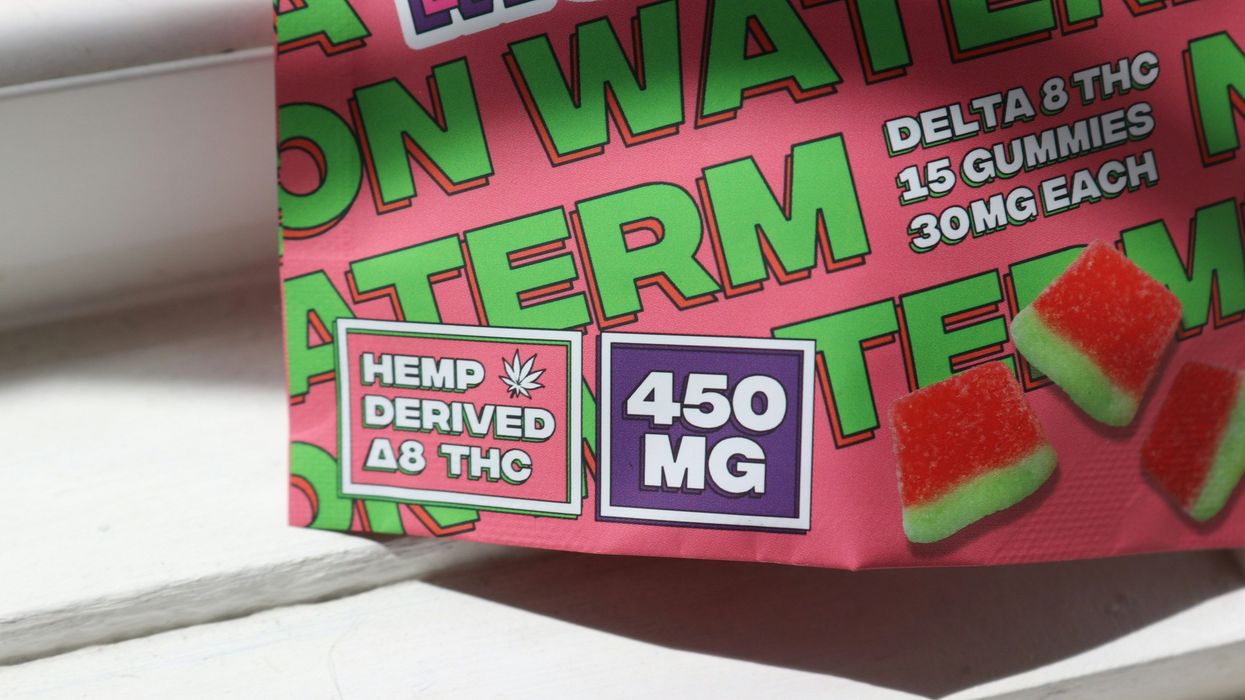




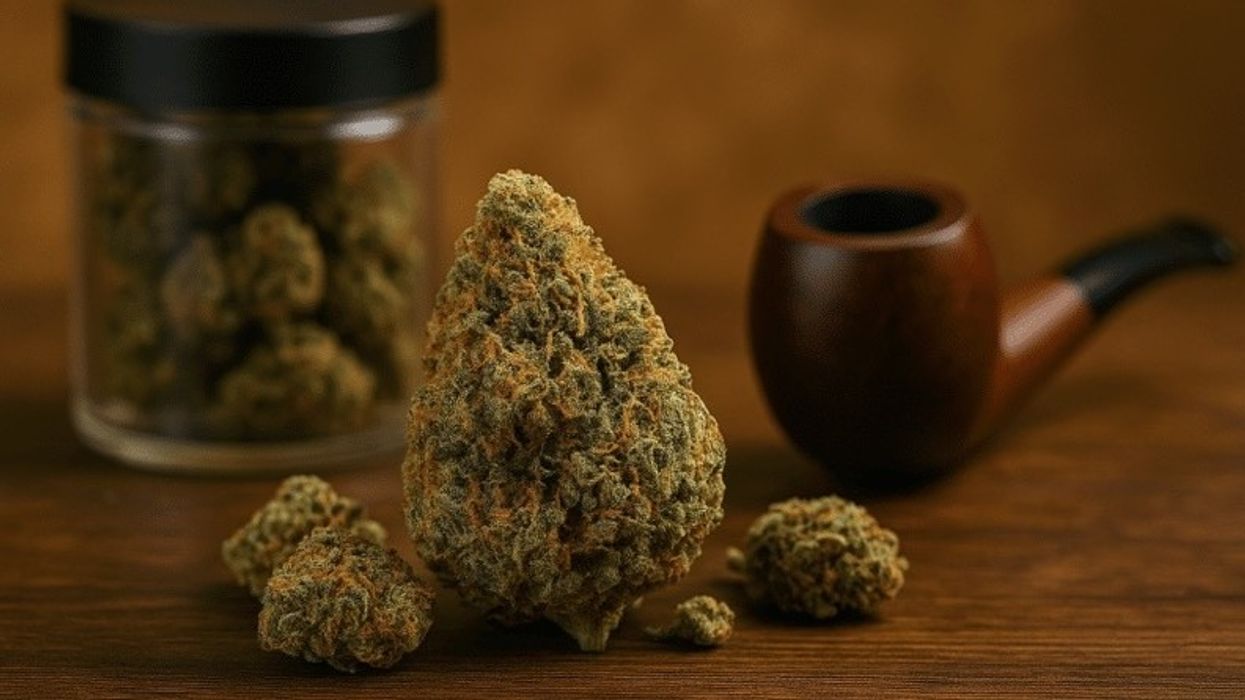






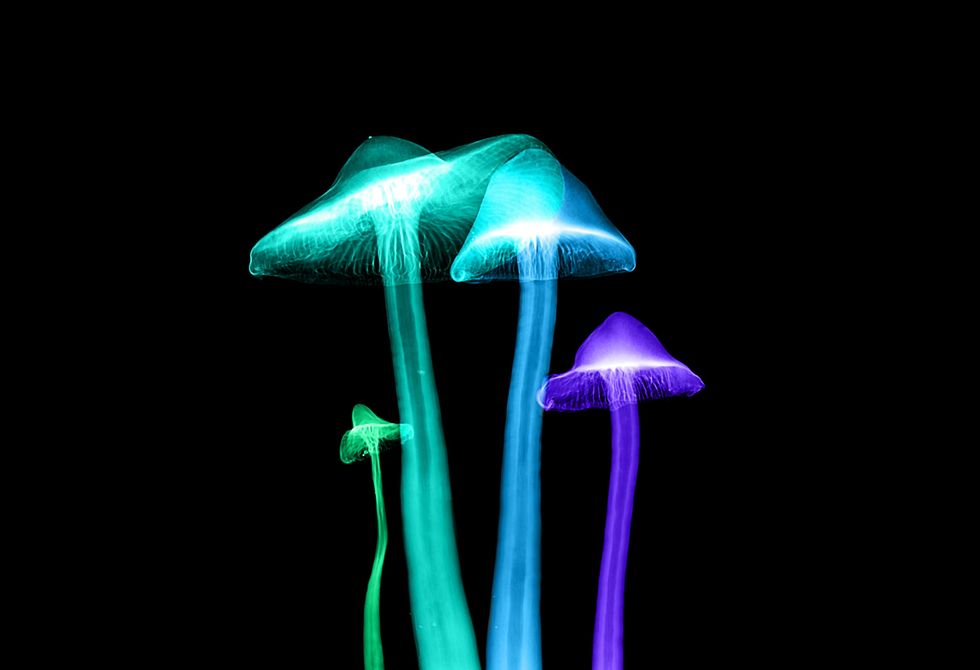 Introduction to Psychoactive Mushrooms: The Aztec God Strain - The Bluntness
Photo by
Introduction to Psychoactive Mushrooms: The Aztec God Strain - The Bluntness
Photo by 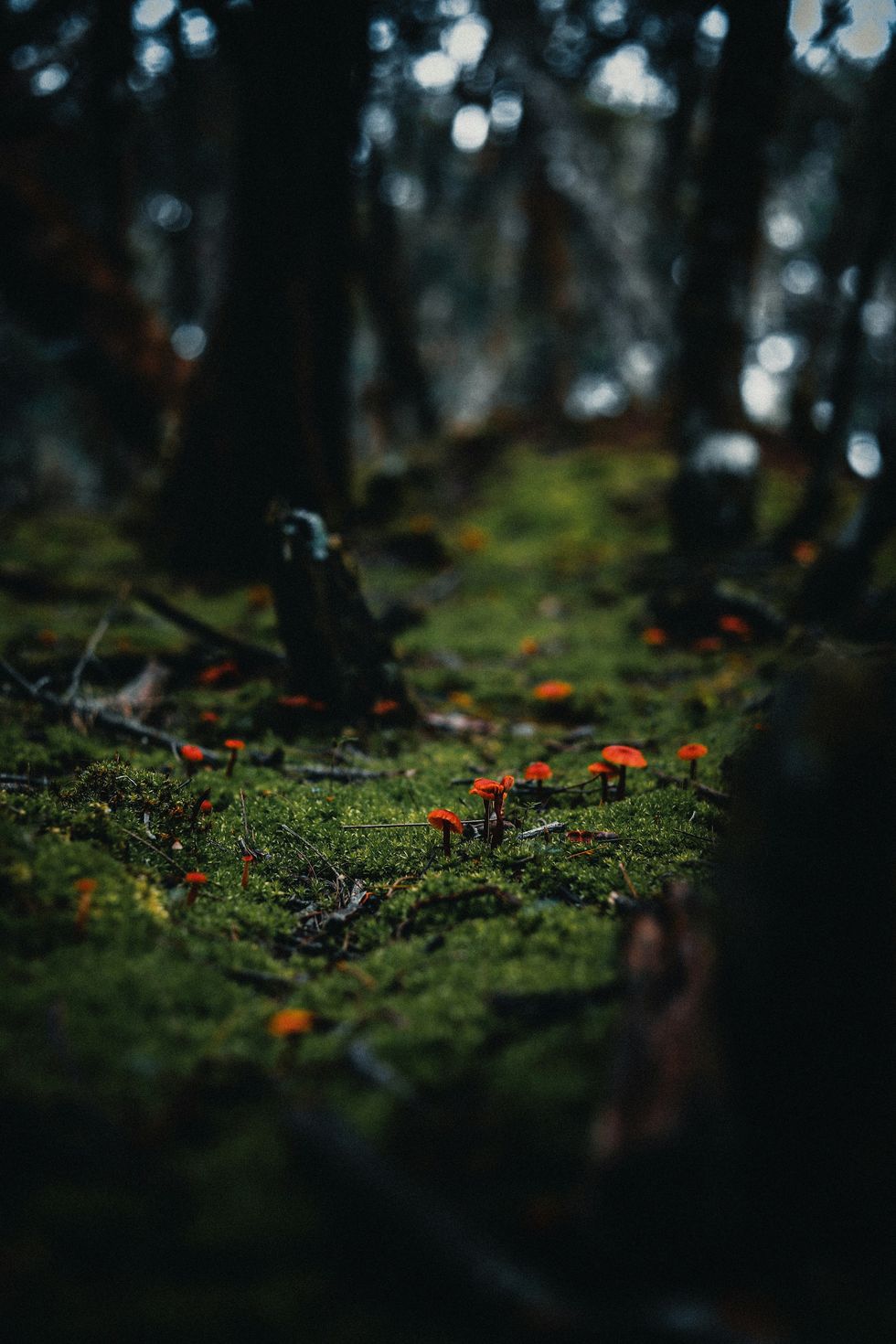 Introduction to Psychoactive Mushrooms: The Aztec God Strain - The Bluntness
Photo by
Introduction to Psychoactive Mushrooms: The Aztec God Strain - The Bluntness
Photo by 
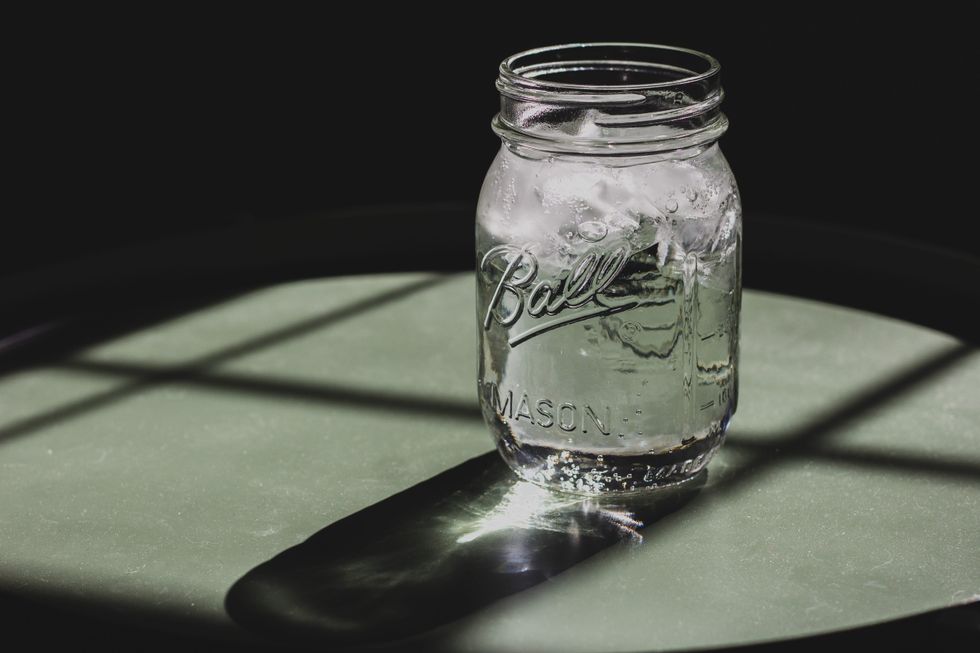 How to Store Magic Mushrooms
How to Store Magic Mushrooms
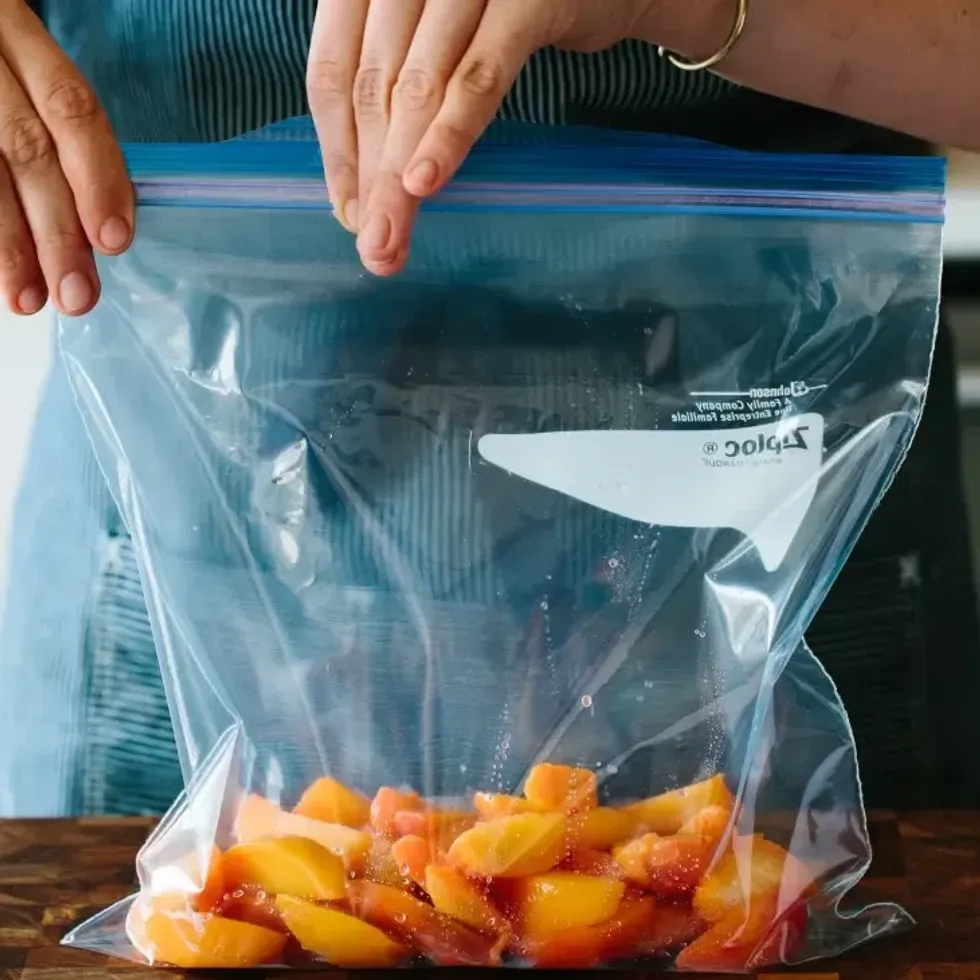 How to Store Magic Mushrooms
How to Store Magic Mushrooms
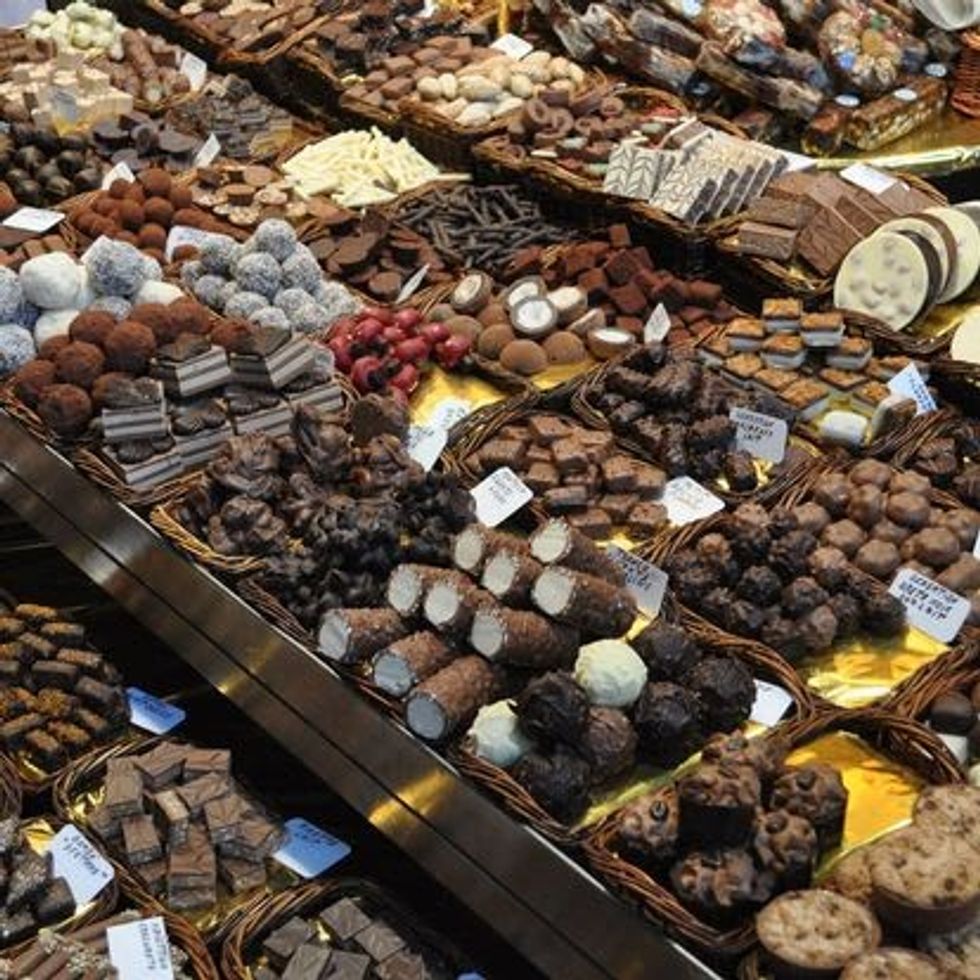 How to Store Magic Mushrooms
How to Store Magic Mushrooms
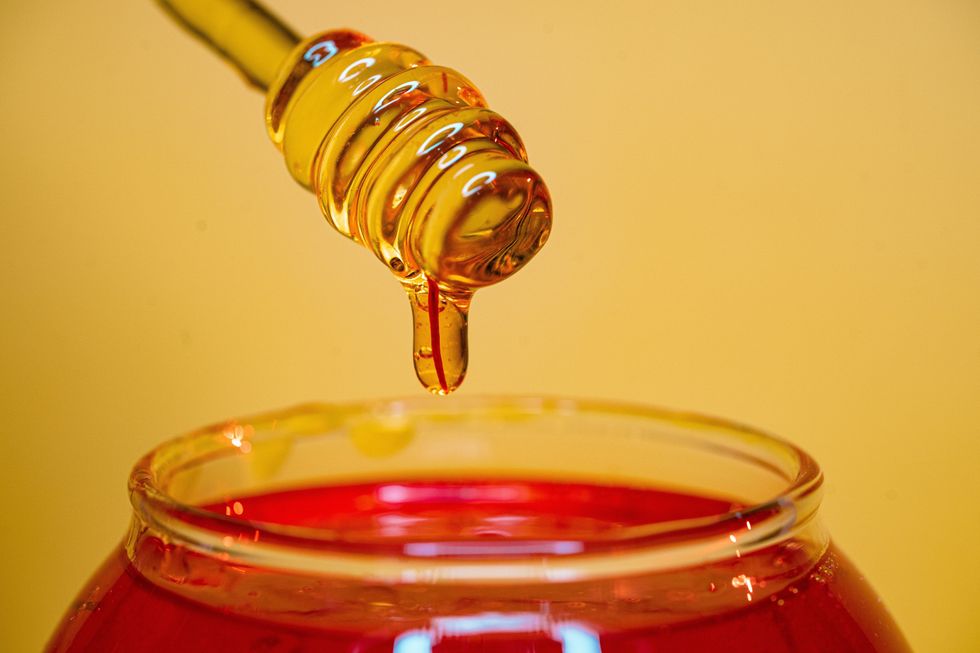 How to Store Magic Mushrooms
How to Store Magic Mushrooms
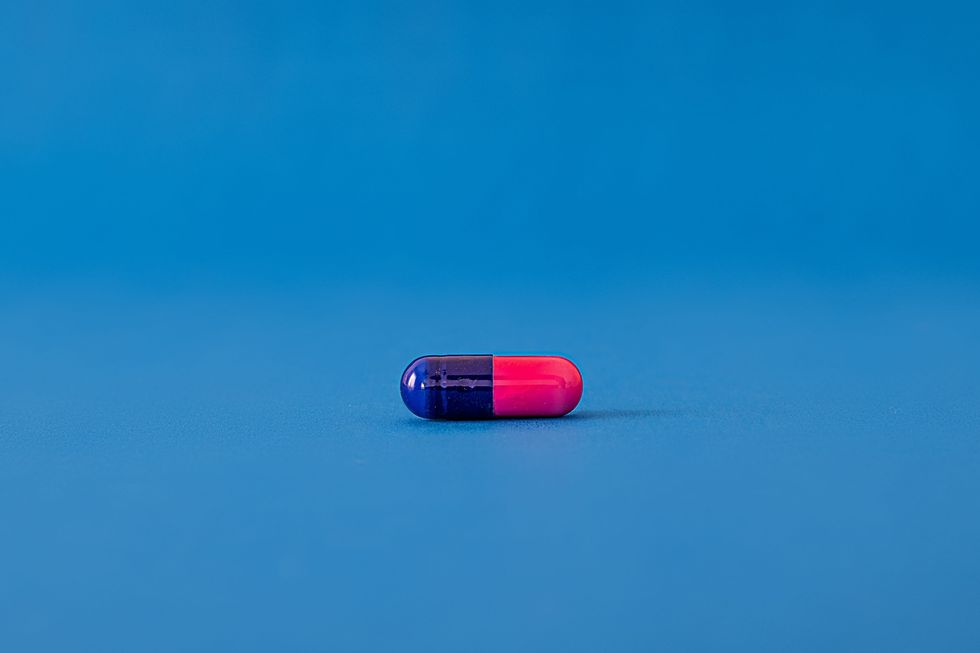 How to Store Magic Mushrooms
How to Store Magic Mushrooms
